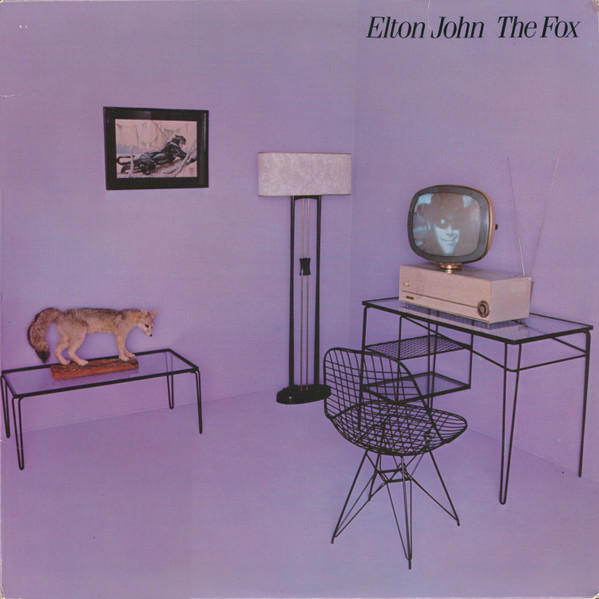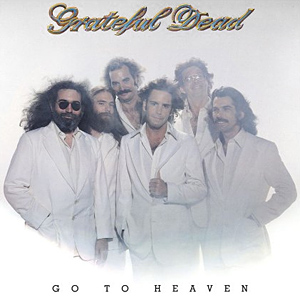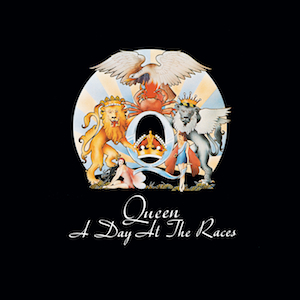 The Geffen label started out by wooing established artists, and after Donna Summer and John Lennon (and Yoko Ono), Elton John was the label’s next release. For several reasons, The Fox was overlooked then, and still seems so today. For starters, David Geffen felt the first batch of songs Elton presented was under par, so several tracks were revived after being left over from the 21 At 33 sessions. Once complete, it wasn’t promoted very well, and those who did buy the album were greeted with a rather disjointed sequence of music that went all over the place, with contributions from multiple lyricists.
The Geffen label started out by wooing established artists, and after Donna Summer and John Lennon (and Yoko Ono), Elton John was the label’s next release. For several reasons, The Fox was overlooked then, and still seems so today. For starters, David Geffen felt the first batch of songs Elton presented was under par, so several tracks were revived after being left over from the 21 At 33 sessions. Once complete, it wasn’t promoted very well, and those who did buy the album were greeted with a rather disjointed sequence of music that went all over the place, with contributions from multiple lyricists.“Breaking Down Barriers” is strong beginning, with waterfall piano lines and a defiant vocal over a mildly discofied arrangement that still rocks. “Heart In The Right Place” aims to be even dirtier, with the perpetual guitar solo from Steve Lukather, but the mix buries the vocal under way too much. “Just Like Belgium” sports an inscrutable Bernie Taupin lyric and a throwback ‘70s sound, with a little jangle thrown in and a woman whispering in French, whereas “Nobody Wins” is basically a cover of a song in that language, with new lyrics by Gary Osborne and a distinctly Euro-synth backing. He gets political on the angry “Fascist Faces”, which continues the modern rock sound and brings back the Rev. James Cleveland and his choir for more counterpoint. Elton even takes a piano solo.
His piano is the focus for the first part of side two, in the lushly orchestrated instrumental “Carla/Etude”, which is actually two pieces neatly stuck together. “Fanfare” is a not-brief enough James Newton Howard synth arrangement of the song that follows, and sounds like it belongs to someone else’s album. “Chloe”, the song itself, is a little better, though it sounds like a minor-key retread of “Little Jeannie”. “Heels Of The Wind” is another throwback, musically as well as lyrically via Bernie, but there’s something a little too by-the-numbers about it. That cannot be said for “Elton’s Song”, a heartbreaker written to a lyric by Tom Robinson. While the rarely-seen video makes it plain, this soliloquy of unrequited love is more poignant when heard as intended: from one schoolboy to another. That elegance makes the title track an odd finale, but there is a certain determinism in the track, which features harmonica from Mickey Raphael, soon familiar from his work with Willie Nelson.
The biggest obstacle with The Fox is that it doesn’t know what sort of album it wants to be. It’s one thing to have diverse styles, but when they jar rather than complement, the result is less than successful. As had happened before, the production and arrangements let down the potential of what could be excellent songs.
Elton John The Fox (1981)—2½



